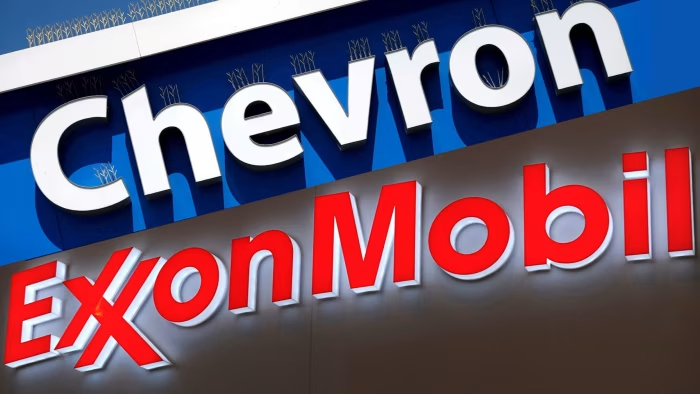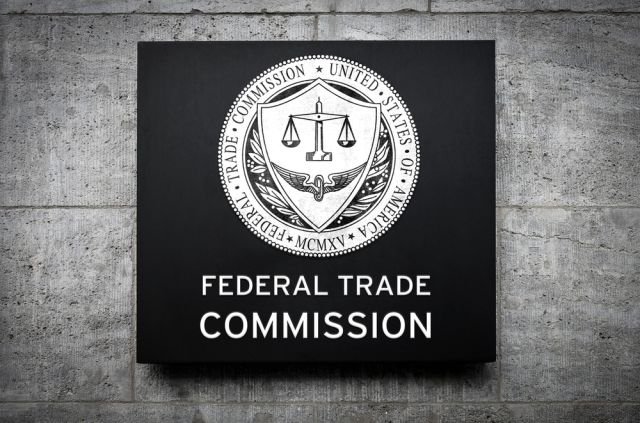In a bold move that has sent ripples through the energy sector, the Federal Trade Commission (FTC) has decided to reopen consent orders tied to two massive proposed acquisitions by oil giants Exxon Mobil and Chevron. This rare action reflects growing concern among regulators about the increasing consolidation in the oil and gas industry and its potential impact on competition and consumer prices.
The decision marks a turning point in how regulatory bodies, particularly the FTC, are handling major mergers and acquisitions in the fossil fuel space—especially when those deals could impact everything from gasoline prices to innovation in the energy transition.
In this article, we’ll break down what the FTC’s decision to reopen consent orders really means, why these acquisitions are under scrutiny, and what it could mean for the future of oil and gas in America.
What Are Consent Orders and Why Is the FTC Reopening Them?
Understanding Consent Orders
A consent order is a legal agreement between the FTC and a company where the company agrees to certain conditions to avoid a lawsuit. It often includes rules designed to prevent anti-competitive behavior. These agreements are binding and enforceable by law.
In the past, companies like Exxon Mobil and Chevron have agreed to such orders during acquisitions. These orders may include promises not to acquire certain assets, divest parts of the business, or avoid anti-competitive practices.
Why the FTC Is Reopening Them Now
The FTC’s decision to reopen consent orders related to Exxon Mobil’s proposed $60 billion acquisition of Pioneer Natural Resources, and Chevron’s proposed $53 billion purchase of Hess Corporation, signals heightened scrutiny.
The FTC believes that the energy landscape has changed significantly since the original orders were signed. With oil companies expanding their reach into shale drilling, refining, and distribution networks, the FTC is concerned that previously accepted deals could now give these giants excessive control over the market.
By reopening these orders, the FTC can review whether those previous agreements still protect fair competition—or if they need to be updated or revoked entirely.
Exxon Mobil and Chevron’s Proposed Deals: What’s at Stake?

Exxon Mobil and Pioneer Deal
Exxon Mobil’s acquisition of Pioneer Natural Resources would create the largest oil producer in the Permian Basin, a key oil-producing region in Texas and New Mexico. This would significantly boost Exxon’s output, giving it even more power in U.S. oil production.
Chevron and Hess Deal
Chevron’s proposed acquisition of Hess Corporation is largely driven by Hess’s 30% stake in the offshore oil fields in Guyana, which are among the most valuable new oil discoveries globally.
Consolidation Concerns
Together, these two deals would consolidate a massive amount of oil production and reserves under just two companies. Critics argue this could:
- Reduce competition in key oil-producing regions
- Lead to higher fuel prices
- Hinder innovation
- Decrease the bargaining power of smaller operators
What This Means for the Oil and Gas Industry

A Shift Toward Regulatory Aggression
The FTC’s decision reflects a broader trend under Chair Lina Khan, who has taken a more aggressive stance toward corporate consolidation, especially in industries that affect everyday Americans—such as healthcare, technology, and now oil.
This reopening of consent orders is not common. It suggests that the FTC is willing to go beyond standard reviews and challenge mergers retroactively if needed.
More Red Tape for Big Oil
Companies like Exxon and Chevron now face:
- Delayed approvals
- Added legal and compliance costs
- Potential requirements to sell off assets
- Greater public and political scrutiny
This could slow down or even block their deals.
How This Affects Consumers
You may be wondering: How does this affect me?
If the FTC finds that these acquisitions will lead to higher gasoline prices, fewer choices, or reduced competition, they may push for stricter conditions or halt the deals altogether.
Here’s how consumers could be affected:
- Gasoline Prices: Less competition can lead to higher prices at the pump
- Energy Access: Smaller operators may be squeezed out, reducing local supply resilience
- Innovation: Fewer players in the game may lead to less investment in clean energy alternatives
Voices from the Industry and Government
Exxon Mobil’s Response
Exxon Mobil has maintained that the deal with Pioneer would increase efficiency, reduce costs, and ultimately benefit American consumers. The company has also argued that it is committed to responsible energy production and environmental stewardship.
A spokesperson said:
“We believe our acquisition of Pioneer will deliver long-term value for shareholders and help ensure the U.S. remains energy independent.”
Chevron’s Take
Chevron expressed confidence in its proposed acquisition of Hess, emphasizing the importance of global energy security and long-term investment.
“Our deal with Hess is critical for gaining access to premium assets that are vital to the world’s energy supply,” said a company executive.
FTC’s Official Statement
The FTC’s statement didn’t directly accuse the companies of wrongdoing but emphasized the need to revisit older legal frameworks in light of significant changes in the competitive landscape.
Legal and Regulatory Implications
What Happens Next?
Now that the consent orders are being reopened, the FTC can:
- Reevaluate the original terms
- Modify or strengthen restrictions
- Request additional documents and data
- Issue subpoenas or conduct hearings
If the FTC finds the acquisitions are harmful, they could sue to block the deals under antitrust law. However, such lawsuits would require strong evidence and could take months or even years to resolve.
Legal Experts React
Antitrust experts say the move could set a new precedent.
“This isn’t just about Exxon or Chevron. It’s a message to all industries that past deals can come back under the microscope,” said a Georgetown law professor.
How Investors and Markets Are Reacting
Wall Street hasn’t remained silent. Both Exxon and Chevron saw minor fluctuations in stock prices following the FTC’s announcement, though long-term investor sentiment remains cautious.
Analysts are now:
- Adjusting risk assessments for future M&A in the oil sector
- Watching for ripple effects across energy stocks
- Expecting tighter regulations in future deals
Broader Implications Beyond Oil
Potential Spillover to Other Industries
The FTC’s willingness to reopen consent orders could spill over into other industries such as:
- Technology (e.g., Big Tech acquisitions)
- Healthcare (hospital mergers)
- Telecom and Media
This could make all large corporations think twice before pursuing major mergers, especially if they already operate under older agreements with the FTC.
Conclusion: A Turning Point for Energy Regulation?
The FTC’s decision to reopen consent orders on Exxon Mobil and Chevron’s proposed acquisitions is more than just a legal maneuver—it’s a signal. Regulators are becoming more vigilant, more proactive, and less forgiving of deals that may have once flown under the radar.
For oil giants, this could mean new limits on how big they can grow. For consumers, it could mean greater protection against market domination. And for the future of energy in America, it may be the start of a much tighter regulatory environment.
Read Next – Fortescue Green-Energy Projects Under Review as Trump Looms






